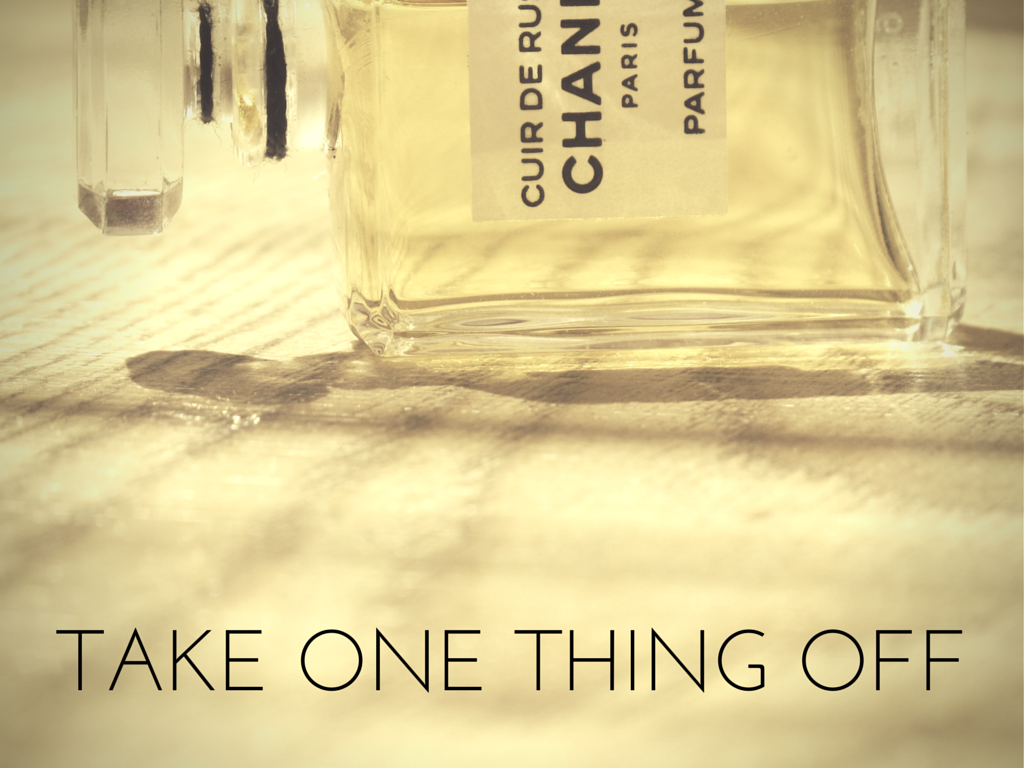Just when I thought roses had lost their capacity to surprise, along comes Rozu, which wraps a fresh, dewy rose in paper-thin layers of pink pepper, shiso leaf, and aromatic grasses that crackle with intent. Surprisingly, it is not the spice or the aromatics that shine through the hardest. For me, it is the evocative aroma of freshly-turned soil that makes Rozu special. Moist, sharp, alive – this is the healthful, plush air inside a Japanese onsen. There is also even a tenuous link to mitti, an attar that captures the aroma of the first rains of the season hitting the red earth of Mother India.
In line with other Aesop fragrances, Rozu smells uncluttered. Simplicity is not shorthand for laziness, though. On the face of it, you might write Rozu off as a rose perched between herb and wood, a dash of pink pepper providing an electrical spark to keep it moving. But pay attention and you’ll start to wonder why you never noticed until now how minty shiso leaf can smell warm or how spices can smell cold or how a rose can smell indistinguishable from clay.
There is grace (and design) in the way your impressions are prompted to shift from roses to earth to spice to wood and back again. Yet, it is all as effortless as if Rozu had leapt fully formed from a Japanese forest floor rather than from a perfumer’s organ.
Hours in and you start paying for its supreme naturalness. One by one, the sharper, zestier notes fall back and even that dewiest of roses starts to feel a little faded around the edges. Every time I wear Rozu, I have to remind myself to stay still and let it roll over me like a fog. Otherwise, it is easy to miss parts of its conversation.
For example, on my third test, I noticed that Rozu has a deeply fragrant, almost ‘dry-roasted’ drydown that, while subtle, provides the wearer with the sense of a party meandering pleasantly to a close instead of the abrupt full stop common to most ‘natural’ (or natural-styled) fragrances. Whether this is due to a particular resin or wood is besides the point. If you’re still paying attention at this stage, the only solid thing you grasp is a feeling of warmth.
My God, but it’s good.
Source of sample: I have sampled Rozu several times in a department store. Unfortunately for me, Aesop seems to apply production pricing to its catalogue of scents, so while other Aesop fragrances cost as little as €100 per 50ml bottle, Rozu is priced in the €150 range (implying that the essential oils required to make it are particularly expensive). One day, probably when the Aesop shop girls start to object more vociferously to my soaking myself in 20mls in it at a time, or when my Catholic shame gets the better of me – whichever comes first – I might be persuaded to bring it home with me.
Cover Image: Photo by Oleh Morhun on Unsplash





